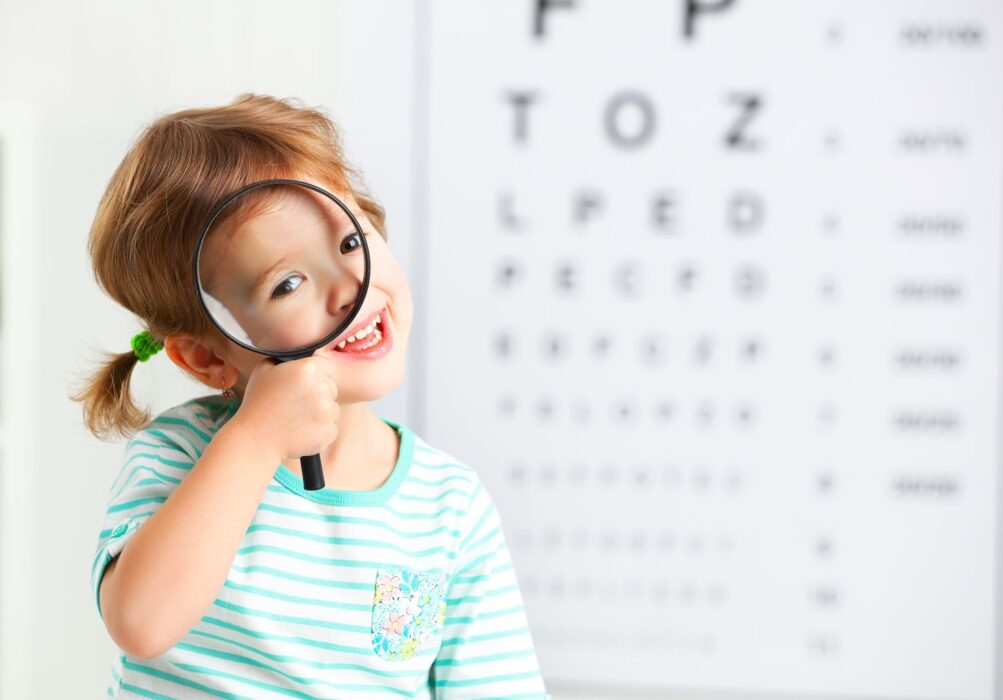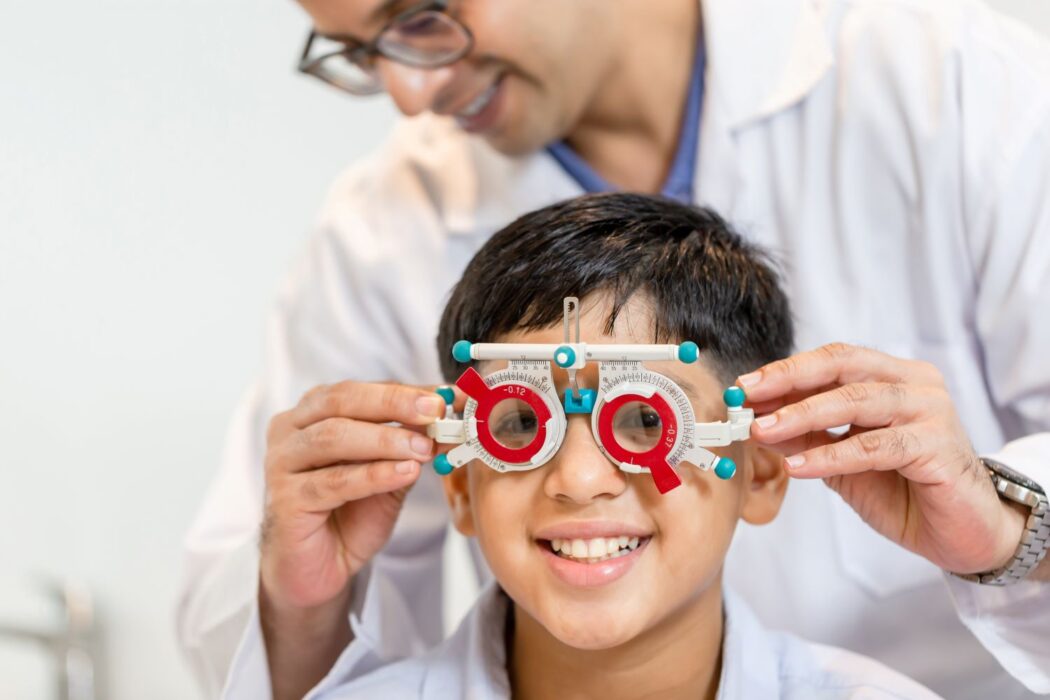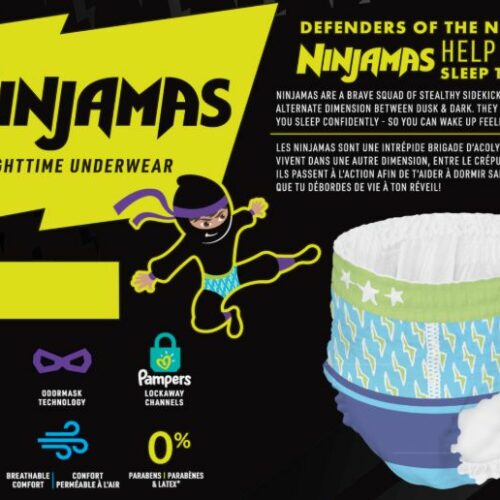How to tell if your child needs glasses
Keeping a close eye on your child’s eyesight can help you to spot any problems early and get children the help that they need. With these helpful tips, any issues will become crystal clear.

One aspect of children’s health that often gets overlooked is their eyesight. Having undiagnosed issues with eyesight can really affect your child’s day to day life, so early detection is key. If left untreated, they may find school harder and their eyesight will deteriorate more quickly. There are plenty of telltale signs that your little one is experiencing difficulties with their eyes and, if you suspect that your child has a problem, a simple eye exam from your local optician is the best place to start. Here are eight things to look out for that may mean your child is struggling with their eyesight.
Rubbing
If your child rubs their eyes regularly or often mentions that their eyes are tired, it can mean that they are experiencing short-sightedness or long-sightedness. Their eyes are straining to see properly and this strain is tiring them out. Furthermore, when your child rubs their eyes, there is a chance they will damage them or worsen the problem. So the best course of action is to get an eye exam and help relieve those tired eyes!
Squinting
If you notice that your child sometimes squints to see something far away from them, such as a friend across the street, or even a clock on the wall, this may mean that they have short-sightedness, known as myopia. The usual course of action is a pair of glasses for your child, which will correct the nearsightedness they’re experiencing.

Covering one eye
One real giveaway that your child is having some difficulty with their eyesight is if they put a hand over one of their eyes when trying to see something. This is most often because the vision is better in the uncovered eye and they can see more clearly by using it alone. To confirm this, ask your child to cover one eye at a time and to describe their vision to you. If one eye is better than the other, it can be a sign of amblyopia or astigmatism.
Lots of tears
Aside from when your child is upset and sheds a few tears, if their eyes are watery when they’re not upset it might be a sign of an eye issue. It can mean that they have an eye infection or that their eyes are having to work harder than normal. In any case, it’s worth bringing your little one for an eye exam to get an accurate diagnosis and a recommended treatment.
Following a finger
It’s normal for young children to use one of their fingers to trace along when they’re reading. If this persists when they’re older, it may indicate that your child has amblyopia, or lazy eye. If you spot your child using a finger while they’re reading, gently ask them to try without their finger. If they can’t keep their place on the page without using a finger, make an appointment to get them an eye test, to shed some light on the matter.

Reading difficulties
All children learn to read at a different pace. One unexpected reason that a child may struggle to read is not necessarily a learning issue but actually to do with their eyesight. Asking your child to read a passage out loud is a straightforward way to check in on their ability. They may be hesitant to admit it but if they are struggling it could mean that they’re struggling to clearly see what is on the page in front of them. Not to worry though, an eye appointment and a pair of glasses is all they usually need, and they’ll soon find reading a lot easier!
School struggles
A lot of issues with eyesight become apparent in the classroom. Your child or their teacher may inform you that they’re finding school hard as a result of some eye trouble. It may be that the writing on the board is blurry or their eyes are getting tired quickly. This will become clear sooner if your child sits near the back of the classroom. Speak openly with your little one about this and check in with how they’re feeling. While moving towards the front of the classroom is a short-term solution, a trip to the optician should be taken before long.
Headaches and light sensitivity
Most children will complain and cover their eyes when their curtains are drawn back first thing in the morning. However, if they regularly complain about the brightness of lights or get headaches from sunlight, it could indicate that they have a pronounced sensitivity to light (photophobia). Sunglasses will immediately help and prescription lenses can be prescribed to help your child with this problem.
It’s very useful to be able to catch the signs that your child might be experiencing some issues with their eyesight. Spotting any potential issue early and reaching out to a medical professional for diagnosis and treatment will limit the severity of these problems. Most often a pair of glasses is all that is required and your child will be able to see comfortably. Make sure to pick out frames that your child actually likes or you’ll have a hard time convincing them to wear them!












Comments